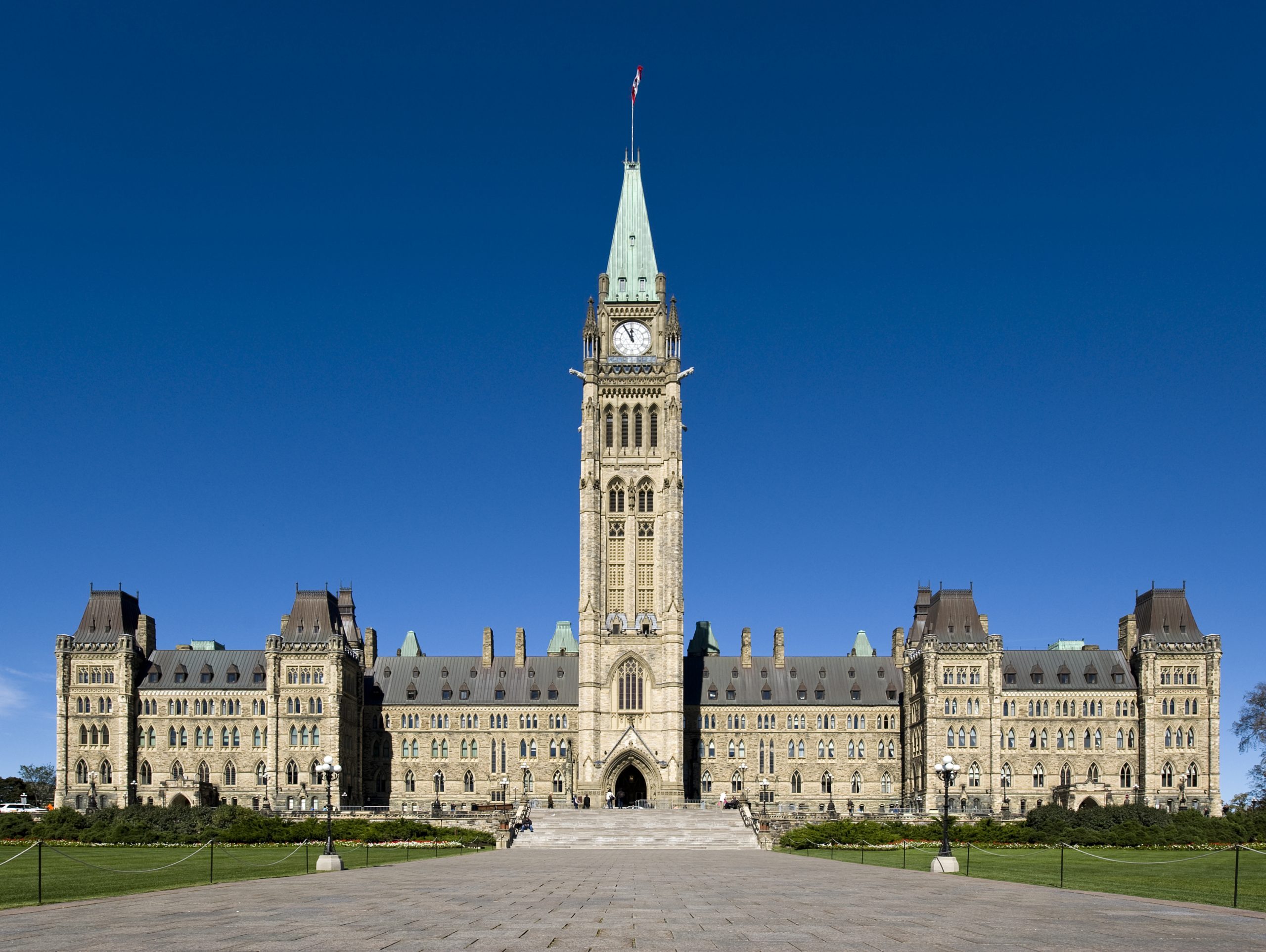As the Saskatchewan government considers a provincial “flat tax” for personal income, a public policy organization says there are several reasons to contemplate the move.
The current system of “progressive” taxation, where a range of rates means that higher levels of income result in higher percentage tax rates, may not be worthwhile or effective, contends David Seymour, director of the Frontier Centre for Public Policy’s Saskatchewan office, in a paper released Monday.
However, the idea of a flat tax is opposed by groups including the Regina Anti-Poverty Ministry, which says it would only widen income inequality while cutting into the government’s ability to pay for social programs in tough economic times.
But Seymour said a single-rate or flat-tax system that applies one rate to all levels of personal income is now in place in 25 nations, most of which have turned to the system over the last two decades.
“You’ve got countries that are adopting the single-rate tax and they seem to be getting good results and they’re happy with it, and once you acknowledge that there are a couple of other arguments that you can look at,” said Seymour, who authored the paper.
When higher incomes are taxed at higher rates, it could raise the price of goods that those higher income-earners produce, which in turn has an effect on lower-income consumers, he said.
Seymour added that income is often a function of age, arguing that putting higher tax rates on higher income is just shifting the taxpaying to different stages of life rather than between people with different life fortunes.
But Peter Gilmer with the city’s anti-poverty ministry contends that research from the Canadian Centre of Policy Alternatives has indicated that the gap between the highest- and lowest-income families in Saskatchewan has grown in recent years.
“In a province that already has a huge gap between rich and poor, do we want to be widening that gap further?” said Gilmer.
Flattening personal income tax rates across the board would be a “huge windfall for higher income earners,” said Gilmer.
Seymour said the tax debate bears discussing from an ideological standpoint of “what sort of society do you want. Is it one where people vote to have some taxpayers pay higher because those are in the minority, or should there be a law that treats all income the same?”
Alberta is the only province with single rate of tax on personal income, but Finance Minister Rod Gantefoer has said Saskatchewan would also consider a 10-per-cent flat tax for personal income. The idea, which was recommended by the independent board of Enterprise Saskatchewan, remains under consideration, a government official said Monday.
(This column also appeared in the Star Phoenix)


